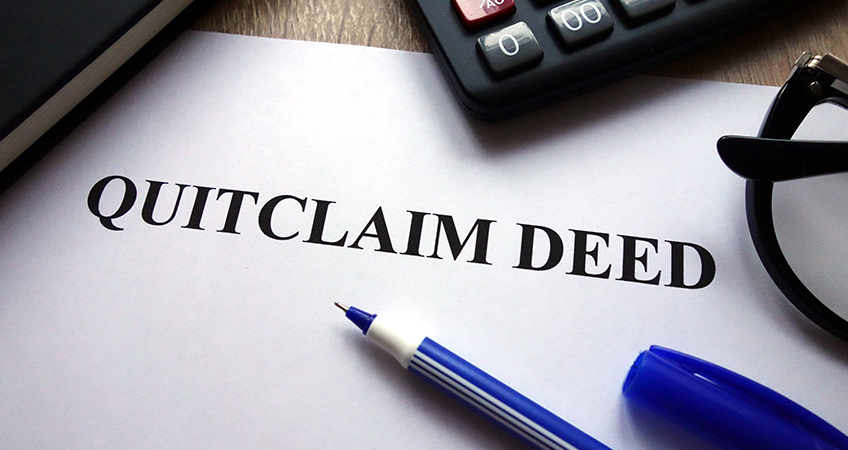
UNDERWRITING Q&A: At what point will title be insurable following a tax sale in Arizona?
September 21, 2020
EDUCATION & TRAINING: 5 Types of Communication
September 23, 2020A: Most likely, no. An Agreement for Deed, also known as an “Installment Land Contract” is a form of owner financing. The seller initially conveys equitable title to the buyer for partial payment of the purchase price and once the buyer pays all installments of the purchase price balance, legal title transfers to the buyer. Until all payments are made, the seller retains legal title and the buyer holds a lease interest. Essentially, an Agreement for Deed is a purchase money mortgage from the seller to the buyer, allowing the buyer to take possession before the full purchase price is paid to the seller.
The Florida Courts and Legislature view an Agreement for Deed as a mortgage, securing an obligation to pay. It is recorded in the public records and stamps must be properly affixed upon recording. When a quitclaim deed from buyer to seller appears in the chain of title after the Agreement for Deed, presumably the buyer did not satisfy the terms of the Agreement for Deed and the buyer’s interest in the property terminated. Often the quitclaim deed was executed on the same day as the Agreement for Deed, and held by the seller in the event of buyer’s default. Upon default the quitclaim deed is recorded in an attempt to terminate the buyer’s interest in the property.
If the quitclaim deed is dated, executed, and acknowledged after the Agreement for Deed, it serves as a Deed in Lieu of Foreclosure and may be used to terminate the buyer’s interest, under limited circumstances. However, if the quitclaim deed is executed simultaneously with the Agreement for Deed and held in escrow by the seller in the event of default, it cannot be relied upon to terminate the buyer’s equitable interest in the property. The seller must foreclose on the buyer in the same manner as a mortgage foreclosure. Recently, we’ve seen sellers filing for eviction against buyers in an attempt to terminate the buyers’ equitable interest in the property. Evictions also do not work as an alternative to filing for foreclosure. Sellers would prefer to evict or file a quitclaim deed to save time and expense in regaining fee title (legal and equitable title) to the property upon a buyer’s default. However, attempts to avoid foreclosure only delay the inevitable. Contracts for Deeds are deemed mortgages and must be foreclosed upon, in the absence of a later dated Deed in Lieu of Foreclosure.
Accordingly, if a title policy is to be issued where an Agreement for Deed and simultaneously dated quitclaim deed appear in the chain of title, an exception must be made in the policy for the Agreement for Deed. The only way to remove this exception is by execution and recordation of a current deed from buyer to seller or by foreclosure. Your underwriters are here to assist with review of these matters. Contact your state underwriter more information on clearing Agreements for Deed or insurability for Agreement for Deed transactions.




